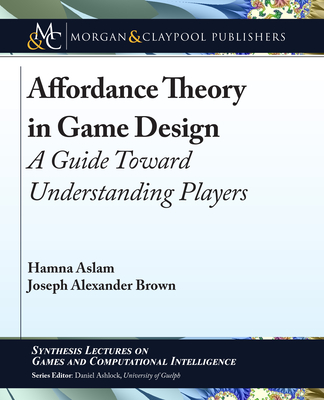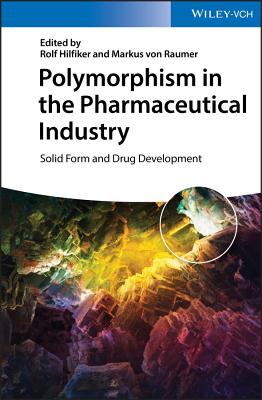Experimentation Methodology for Engineers (SpringerBriefs in Applied Sciences and Technology)
暫譯: 工程師的實驗方法論 (SpringerBriefs in Applied Sciences and Technology)
Frank A. Coutelieris
- 出版商: Springer
- 出版日期: 2018-03-01
- 售價: $2,430
- 貴賓價: 9.8 折 $2,381
- 語言: 英文
- 頁數: 132
- 裝訂: Paperback
- ISBN: 3319721909
- ISBN-13: 9783319721903
-
相關分類:
工程數學 Engineering-mathematics
海外代購書籍(需單獨結帳)
相關主題
商品描述
This book delivers a methodological approach on the experimentation and/or simulation processes from the disclaiming hypothesis on a physical phenomenon to the validation of the results. The main benefit of the book is that it discusses all the topics related to experimentation and validation of the outcome including state-of-the-art applications and presents important theoretical, mathematical and experimental developments, providing a self-contained major reference that is appealing to both the scientists and the engineers. At the same time, these topics are encountered in a variety of scientific and engineering disciplines.
As a first step, it presents the theoretical and practical implications on the formation of a hypothesis, considering the existing knowledge collection, classification and validation of the particular areas of experimenting interest. Afterwards, the transition from the knowledge classes to the experimentation parameters according to the phenomena evolution contributors and the systemic properties of the descriptors are discussed. The major experimenting requirements focus on the conditions to satisfy a potential disclaim of the initial hypothesis as conditions. Furthermore, the experimentation outcome, as derived via the previous experimentation process set-up, would be validate for the similarities among the existing knowledge and derived new one. The whole methodology offers a powerful tool towards the minimization of research effort wastes, as far as it can identify the lacks of knowledge, thus the areas of interest where the current research has to work on.
The special features of this book are (a) the use of state-of-the-art techniques for the classification of knowledge, (b) the consideration of a realistic systemic world of engineering approached phenomena, (c) the application of advanced mathematical techniques for identifying, describing and testing the similarities in the research results and conclusions, and (d) the experimental investigation of relevant phenomena.
商品描述(中文翻譯)
這本書提供了一種方法論的方式,從對物理現象的假設提出到結果的驗證,涵蓋了實驗和/或模擬過程。這本書的主要優點在於,它討論了與實驗和結果驗證相關的所有主題,包括最先進的應用,並呈現重要的理論、數學和實驗發展,提供了一個自成體系的主要參考資料,對科學家和工程師都具有吸引力。同時,這些主題在各種科學和工程學科中都會遇到。
作為第一步,本書介紹了假設形成的理論和實踐意涵,考慮到現有知識的收集、分類和特定實驗興趣領域的驗證。接著,討論了從知識類別到實驗參數的轉變,根據現象演變的貢獻者和描述符的系統性質。主要的實驗要求集中在滿足潛在的初始假設的否定條件。進一步地,根據先前實驗過程設置所衍生的實驗結果,將對現有知識和衍生的新知識之間的相似性進行驗證。整個方法論提供了一個強大的工具,以最小化研究努力的浪費,因為它能夠識別知識的缺口,從而確定當前研究需要著重的興趣領域。
這本書的特點包括:(a) 使用最先進的技術進行知識分類,(b) 考慮現實的系統性工程現象,(c) 應用先進的數學技術來識別、描述和測試研究結果和結論中的相似性,以及(d) 對相關現象的實驗調查。






























